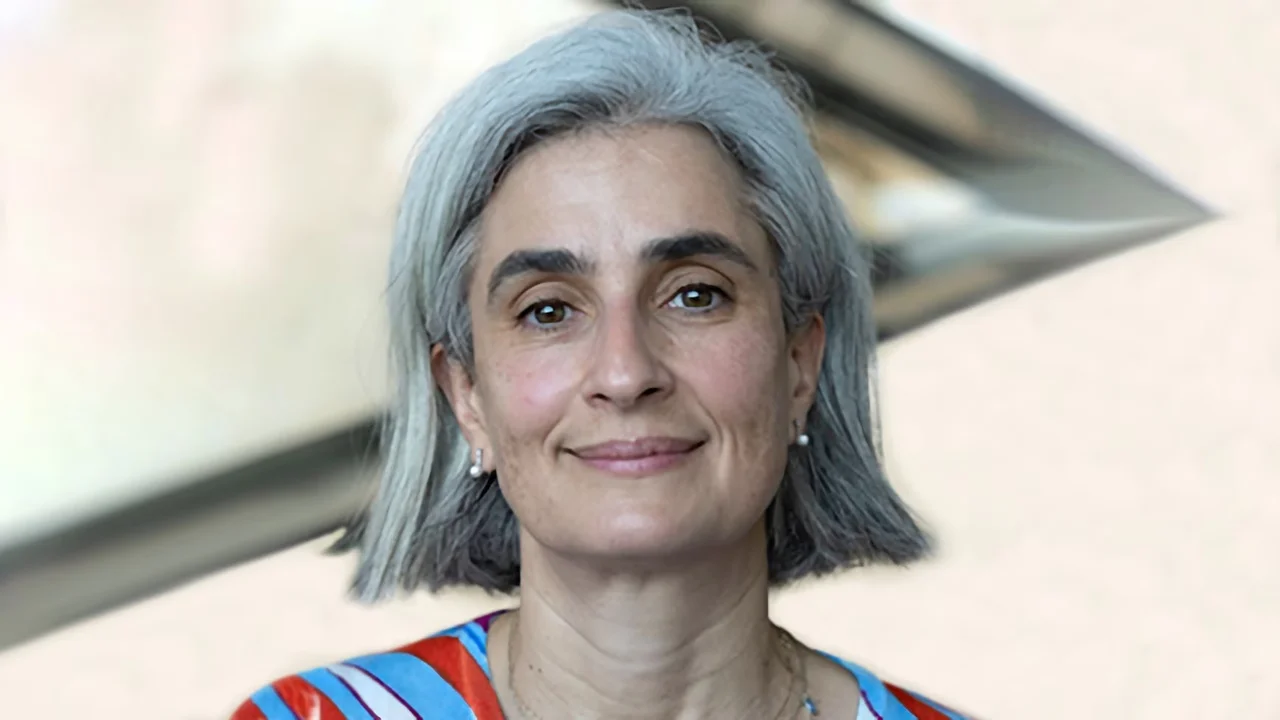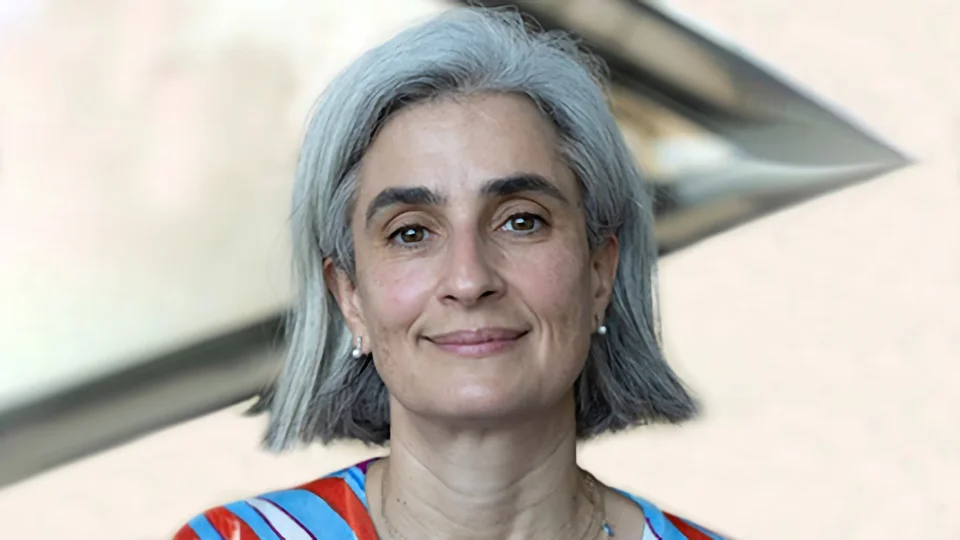Upon the recommendation of the DTA selection committee and the KAUST Interim Vice President for Academic Affairs Professor Yves Gnanou, Dr. Alexandra Gomes has been awarded the 2020 KAUST Distinguished Teaching Award. Gomes, who is a member of the KAUST CEMSE Division, was recognized for the award due to her exceptional contributions to the classroom instruction mission of KAUST. The award will be conferred at the annual KAUST Faculty Recognition Dinner scheduled for this fall.
About
By David Murphy
Upon the recommendation of the DTA selection committee and the KAUST Interim Vice President for Academic Affairs Professor Yves Gnanou, Dr. Alexandra Gomes has been awarded the 2020 KAUST Distinguished Teaching Award. Gomes, who is a member of the KAUST CEMSE Division, was recognized for the award due to her exceptional contributions to the classroom instruction mission of KAUST. The award will be conferred at the annual KAUST Faculty Recognition Dinner scheduled for this fall.
Gomes noted that she is extremely “happy and proud” to receive the KAUST Distinguished Teaching Award. “This award is the serendipitous culmination of long hours of preparing lectures and problem sets. Professionally, I feel a burst of energy to start new projects.”
An enlightening career
The CEMSE Division lecturer has been working in higher education since 1996, teaching mathematics to a diverse range of students, including engineers, mathematicians, and biologists. Gomes, who hails from Lisbon, Portugal, joined KAUST in 2013 as a consultant in Professor Helmut Pottmann’s research group. A year later, she embarked on her now eight-year teaching career at KAUST.
“My husband and I needed a change from our positions as professors at the Instituto Superior Técnico, and KAUST was the ideal place to pursue our professional careers,” she noted. “At KAUST, we fitted right in. At work, we had lively and productive discussions with colleagues and students while at home, we enjoyed swimming in the pools and at the beach.”
Unpacking an award-winning approach
Gomes’ approach relies on two principles: dynamic lectures and frequent feedback. On a daily basis, the Portuguese lecturer aims to align her classroom examples with her students’ interests. Following a method that utilizes simple sentences to explain rigorous results, the majority of Gomes’ teaching examples come from engineering applications and usually reverberate well with her students.
“With my job, I like to explain each concept as if it were part of a bigger story; because it is. I believe key concepts arise from the need to understand what comes before and what comes after. I try to convey this idea to my students and feel accomplished when they see the connections, the small details, and the fuller, bigger picture,” she explained.
In her lectures, Gomes encourages her pupils to dissect given mathematical statements and encourages them to check for assumptions while extracting pertinent information from the subject matter.
“My classes start with a summary of relevant prerequisites from previous lectures. Then, I follow with the more complex or important idea to take full advantage of their increased focus at the beginning of the lecture,” she explained. “With this method, important results are better understood and incorporated as knowledge. And secondly, during class, students can discuss questions related to the material and clarify any issues that arose during their first reading.”
A typical lecture under her tutelage alternates between two blocks: fifteen minutes of theory and ten to fifteen minutes of problem-solving, where every statement and example is handwritten on the whiteboard. Periodically, a projector is used to unpack a relevant concept or theorem.
“As I lecture, I try to keep reading the group to check if I need to rewind or reset my pace,” Gomes noted. “I also believe in delivering regular feedback. I usually use short in-class quizzes, 80-minute tests, and regular homework problem sets.”
“Moreover, I try to give all feedback within a week of the assessment. In this way, students can still relate to their readiness or difficulty when solving. Thankfully, at KAUST, we have small classes, and therefore we can target students’ individual needs.”
Helping to spread knowledge throughout the Kingdom
Gomes’ immediate goal is to transform some of her traditional whiteboard classes into a massive open online course (MOOC) format. “The MOCC format makes sense now more than ever because of COVID-19, but it also makes sense under the KAUST mission to spread knowledge throughout the Kingdom,” she emphasized.
When prompted on her proudest career achievement thus far, Gomes responded: “I have to consider two. One is this award. The other has a more personal nature: my oldest daughter needed to take an extra seventh course for the International Baccalaureate Diploma Program. I tutored her for two years, and she completed the course with an excellent grade. It was an enormously proud moment for both of us.”

